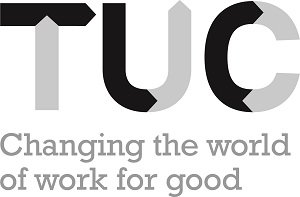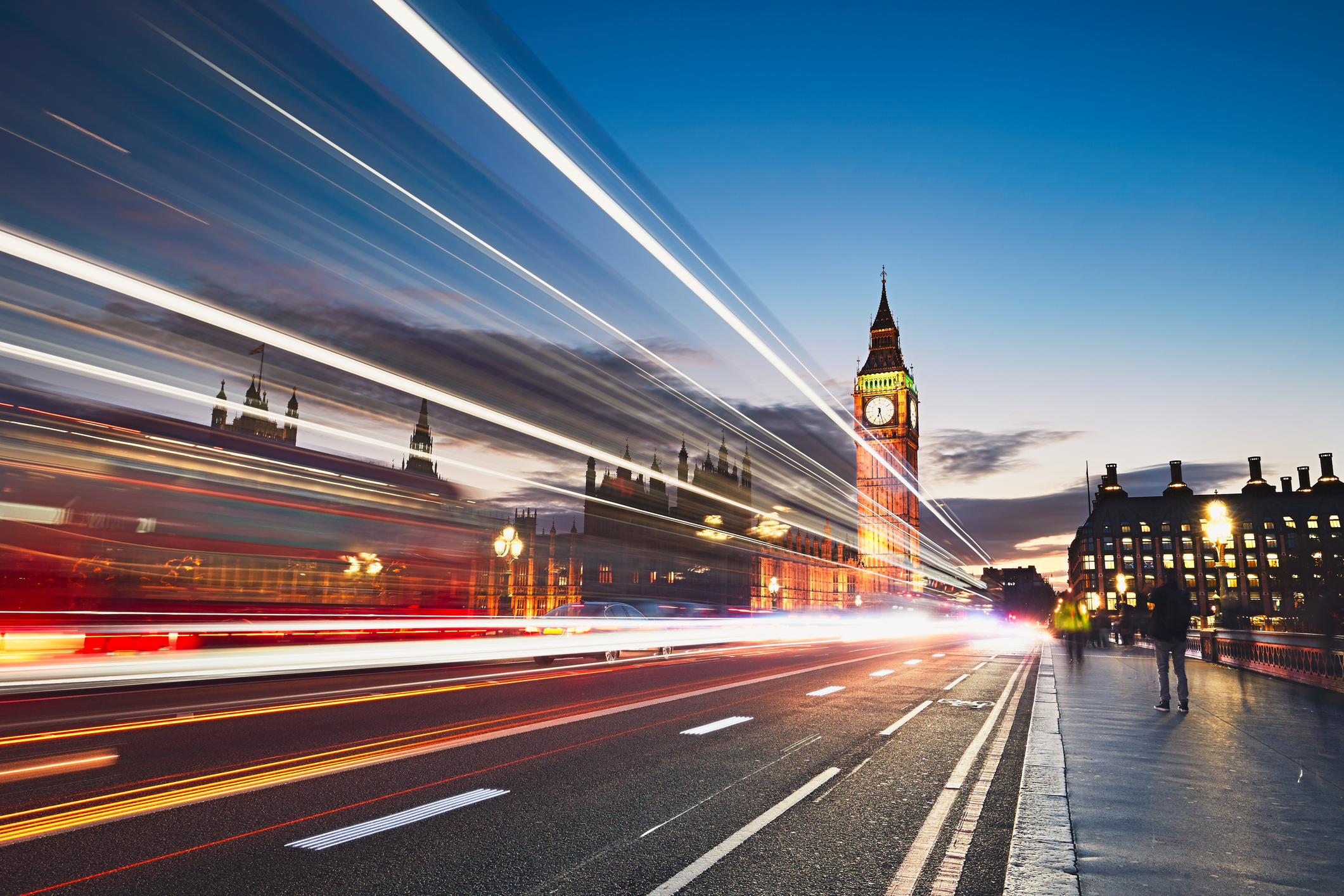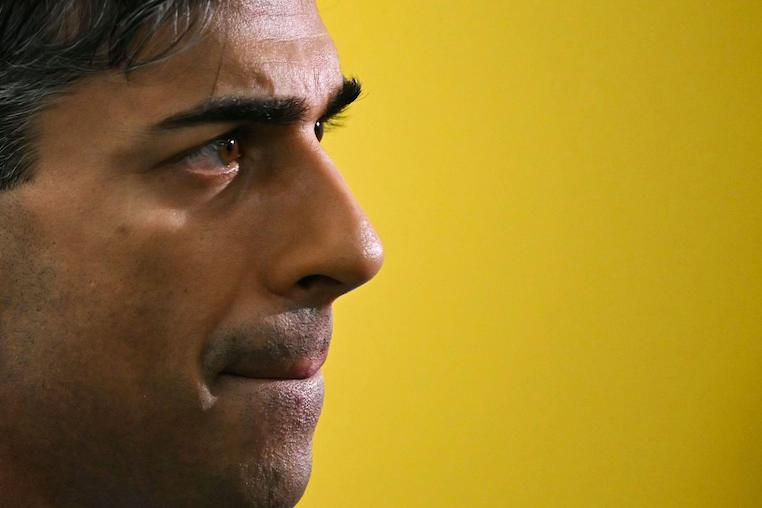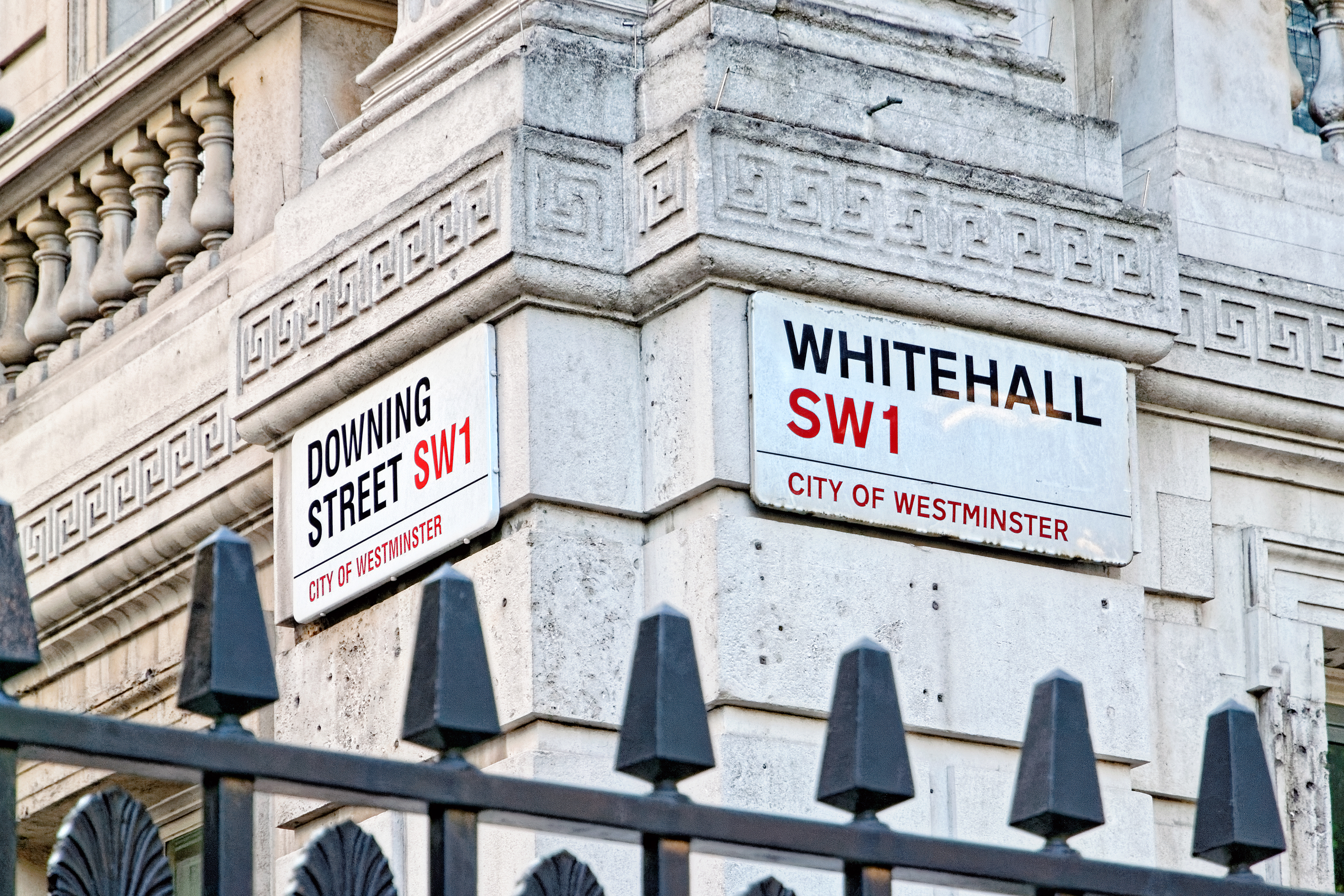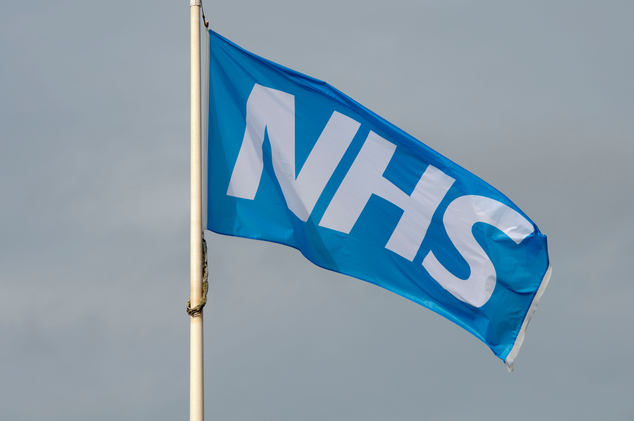What is a freeport?
Freeports are specially designated sea ports or airports, where goods that arrive from abroad are initially exempt from tariffs. Only if the goods are moved elsewhere in the country, beyond the boundaries of the freeport, are they then liable for tariffs.
If the freeport area is constituted as a wider economic region, rather than just relating to the confines of the port itself, companies operating within the wider freeport area, are able to more effectively import raw materials and turn them into finished goods for overseas export. Doing so without the need to pay tariffs on the initial imports, in the way that might normally be expected.
Put simply, freeports can be likened to areas that lie inside a country’s geographical borders, but which effectively remain outside that country’s customs borders.
With 95% of Britain’s international trade facilitated by sea, the UK freeports policy is inevitably focused more heavily on coastal ports rather than airports.


Advocates of freeports see them as a powerful policy tool by which to stimulate economic development in a particular region.
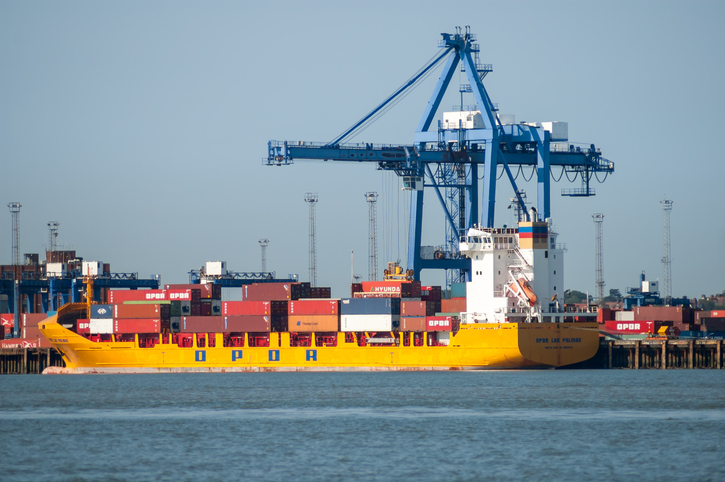
Felixstowe is one of 8 successful freeport bidders in England.
Why is there now such an impetus towards freeports in the UK?
Freeports are one of the flagship policies of the current Conservative government.
In July 2019, Boris Johnson explicitly referred to them in his first speech as Prime Minister on the steps of Downing Street.
Freeports are also the personal political hobby horse of the Chancellor, Rishi Sunak. Back in 2016, and long before he had really ever come to public attention, Sunak wrote a pamphlet for the Centre for Policy Studies in which he made the case for freeports, citing the American Free Trade Zone model.
Having left the European Union in 2020, most of the UK is no longer formally subject to the EU’s state aid and tariff rules. The government presents its freeports policy as a shining example of the UK’s new economic freedoms post Brexit.
At the same time, the Conservative government is also vigorously championing what it terms as its ‘levelling up‘ agenda. This is in no small part linked to its success in gaining the support of a number of former Labour voters, in the English regions.
Within that context, it is easy to see how freeports sit bang in the sweet spot of the government’s current agenda. They fit within a post Brexit narrative, and one which is directly linked to the government’s current levelling up agenda.
Freeports as wider Economic Zones
Freeports are not in themselves a new concept.
Up until the point that the relevant statutory instrument expired in 2012, the UK had 7 freeports.
The Isle of Man currently remains a freeport.
Based on a list published by the European Commission in November 2017, there were said to be 83 freeports still operating within the EU itself.
The UK government’s current proposals for freeports, however, go far beyond those which have existed previously in the UK, and which still exist in the EU. The customs zone in the freeport examples listed above, were very much limited to the physical confines of the port or airport concerned. In his 2016 paper, Rishi Sunak likened the EU’s freeports to little more than storage and warehouse facilities.
Boris Johnson now envisages the freeport concept as reaching out to incorporate much larger geographical regions around the relevant port itself, stretching up to 27 miles in width.
The inspiration behind the UK government’s current proposals can be traced back to the approach pursued by Shannon in the west of Ireland back in the late 1960s.
Adjusting to the fact that trans-Atlantic planes no longer needed to stop off at Shannon to refuel, the local airport reinvented itself as a freeport. However rather than just storing tax free goods in depots and warehouses at the airport before they were exported, the Shannon model envisaged a wider enterprise zone that redeveloped those resources into whole new products.
This is the approach now being followed in the UK. Aiming to regenerate a whole region, freeport areas are presented as a special economic zone, or hub, for global trade and investment.
To support such redevelopment, the UK government is also proposing a whole range of additional inducements for these freeport areas, beyond the basic tariff advantages.
To help stimulate investment, companies operating inside a freeport zone will be entitled to tax relief through an enhanced capital allowance; business rates relief; reduced stamp duty; streamlined planning permission processes and a reduction in employers national insurance contributions on any new staff that they employ.
Freeports will also be able to share in £175 million worth of seed capital funding provided by the government, money designed to further support regeneration and infrastructure in the relevant freeport zones.
The roll out of freeport zones in the UK
The Conservative Party detailed plans to create up to ten new freeport zones in England in its 2019 General Election manifesto.
In February 2020, the new Conservative Government published a freeport consultation document.
Subsequently, as part of the bidding process, some 18 local areas in England submitted proposals to become an approved freeport.
Eight sites were initially selected for freeport status, based on their potential to bring economic opportunities to a region that was otherwise considered in need of regeneration.
The successful bidders included the combined sea ports at Felixstowe and Harwich, the Humber, Liverpool, Plymouth, the Solent, Thames, and Teeside, alongside East Midlands Airport. These freeports were expected to start operating in late 2021.
Proposals to support the roll out of these freeport zones, including the proposed reduction in National Insurance contributions, were announced in the March 2021 budget, and in the May 2021 Queen’s Speech.
Elsewhere in the UK, the devolved governments in Scotland and Wales are also establishing their own free ports policies, with Scottish government proposals focussing on the concept of the so called ‘green free port’, given their additional emphasis on sustainability.
In Wales two freeports are to be created.at Milford Haven and Port Talbort (Celtic Freeport), and Anglesey (Anglesey Freeport). They aim to bring 20,000 jobs and £5 billion of investment to the Welsh economy.
However, with Northern Ireland still required to follow a number of EU rules under the terms of the UK’s Brexit withdrawal agreement, the proposed freeport model is not something that can be so easily replicated in Northern Ireland.
The debate around freeports
The case for freeports
Those supportive of the new freeport proposals point to how these new hubs are a means of encouraging investment, stimulating new economic activity, establishing hot beds of innovation, and creating jobs in otherwise deprived regions. Freeports are also seen as a powerful tool to help support export led growth.
The Chancellor Rishi Sunak has highlighted how the different rules in freeports will ‘make it easier and cheaper to do business’. It is suggested that companies will now be more likely to base themselves in the designated areas.
Those championing this logic have suggested that the proposed freeport on Teeside, Teesport, may create some 40,000 new jobs by 2040.
Supporters argue that the extra tax revenue generated for the Treasury by this increased economic activity, will more than outweigh any short term loss in tariff revenue incurred from imports into the designated freeports.
Arguments against freeports
Opponents of the freeport concept however take issue with the logic which suggests that freeports generate an overall increase in economic activity.
They argue that freeports simply move economic activity from one region to another, and do so at a cost to the taxpayer in terms of lost tariff revenue and costly economic incentives.
Critics of freeports suggest that it would be far more effective to cut tariffs across the country as a whole, rather than simply abolish them for a few particular corners. The British Ports Association argues that the government should remove its proposed cap of 10 freeports.
Other academics also question the extent to which there will be benefits to business from the tariff savings offered through freeports, particularly should a product not then be re-exported straight out of the UK. It is argued that freeports are most powerful in situations where there is a ‘tariff inversion’, such that tariffs are higher on the imported components, than the finished articles. However it is suggested that tariffs on intermediates in the UK (the initial raw materials imported into the country) are typically lower than the tariffs on the final goods, and that in these circumstances, the tariff benefits will often be minimal.
It is also suggested that freeport zones might encourage tax evasion, and incite illicit cross-border activities such as smuggling and money laundering. Others argue that they could have the potential to lead to a reduction in environmental standards.
Finally, it is muted that the European Union in the future might respond in a hostile fashion to the generous tax reliefs available in the UK’s freeports. Whilst this is a speculative statement, it is suggested that they may chose to introduce higher tariffs on particular UK goods, should the UK’s freeports approach be deemed to be damaging EU trade or investment.
Quotes
“They have them in the Middle East, they have them in North America and in the Far East”…. “It is a tool in our arsenal that we are not using.” – Tees Valley Mayor, Ben Houchen
“If I make canned food in one part of a country and I suddenly discover I use a lot of steel and there is a 10% discount in the free port. I would want to move there”…” But that does not necessarily result in higher output or more workers ” – Dr Meredith Crowley, Professor of Economics and Cambridge University
“As we prepare for a post-Brexit future it is time we looked not at the risks but at the opportunities that are upon us, so let us begin work now to create freeports that will drive growth and thousands of high-skilled jobs in left behind areas” – Boris Johnson, Downing Street, July 2019.
“If the Government thinks freeports are a magic bullet that will create hundreds of thousands of new jobs, bring billions of additional pounds to the Exchequer and radically transform an area it is mistaken. That is not to say they should not be created but the thought they’re going to transform the wealth and prosperity of this country is simply untrue. It will help the regions that get a free port – but possibly to the detriment of those that don’t”. Professor Catherine Barnard, Cambridge University.

